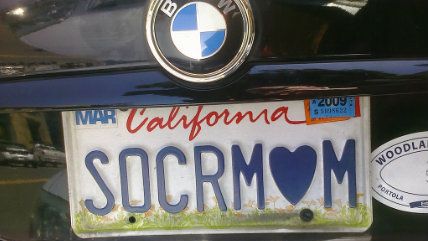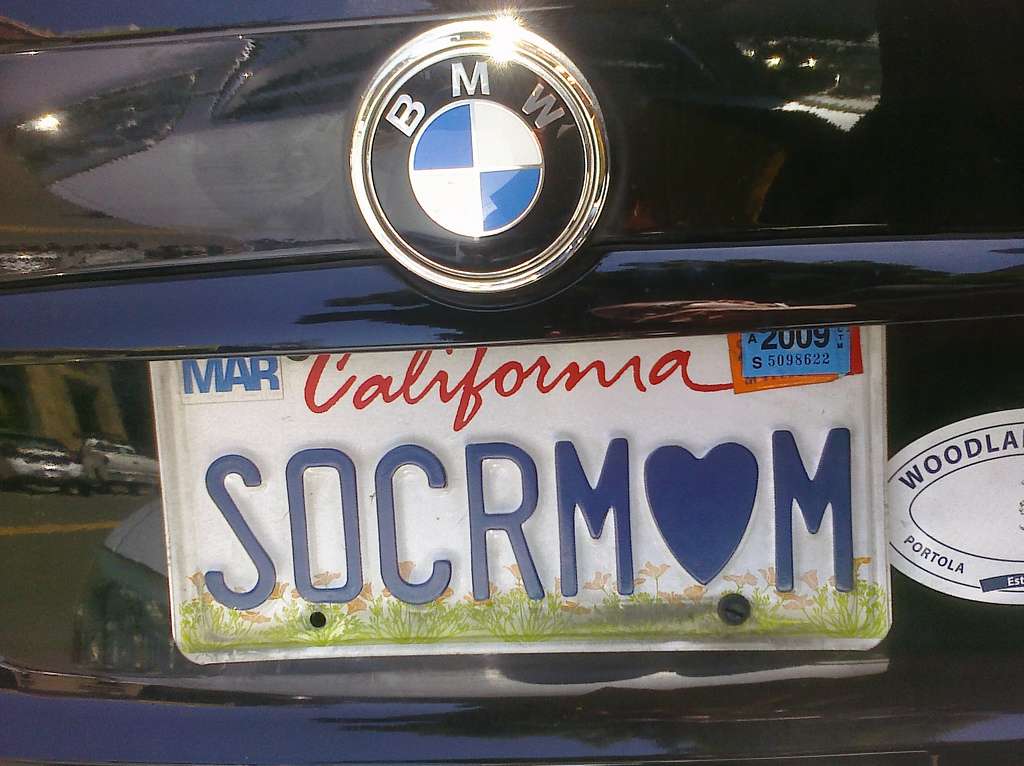Where Are the Centrists Who Care About Economic and Personal Freedom?
If you are fed up with both the left and the right, the 2016 candidate pool is a sad state of affairs.


Call it "the missing middle." Not the supposedly vanishing middle-income or middle-class American family, about which politicians from both parties have been raising an alarm, but rather the moderate middle of American politics, which has lately been nearly imperceptible.
Two Republican candidates aiming at the centrist wing of the party, George Pataki and Lindsey Graham, recently dropped out of the presidential race. Jim Webb, who was on the right flank of the Democrats, couldn't make a go of his campaign.
What remains is weak beer for genuinely enthusiastic centrists.
Among the Republican candidates touted most frequently as electable or centrist-appealing are Marco Rubio and Jeb Bush. Yet both want to defund Planned Parenthood. Rubio says he wants to ban abortion even in cases of rape or incest. Both say they want to change immigration law in ways that would make it harder to reunify families. Both oppose gay marriage. Chris Christie and John Kasich also supposedly appeal to moderates, but they haven't gotten much traction and it's hard to see how either one has a path to victory in the Republican Party.
On the Democratic side, Hillary Clinton may looks like a centrist in comparison to socialist Bernie Sanders. She has talked about simplifying taxes and reducing regulation, and she has promised to abstain from raising taxes on the middle class.
But Hillary's centrism is suspect. In a pander to labor unions, she's also opposed President Obama's Trans-Pacific Partnership free-trade deal. She's also come out in favor of imposing an exit tax on companies that want to move their headquarters outside America to avoid our high corporate tax rates. And some of us who were around Washington during the 1990s still remember that Bill Clinton waited until Hillary was out of town before inviting cancer-stricken David Ifshin and his family to visit the White House, an anecdote that symbolizes the way the Hillary camp—Harold Ickes, Susan Thomases—was a kind of counterweight to Bill Clinton's New Democrat instincts and friends, such as his campaign counsel Ifshin.
At its worst, centrism can be a mushy lack of principles, such as George H.W. Bush's decision to raise taxes after promising not to. At its best, centrism can be a set of policies that are ideologically consistent—economic freedom and personal freedom, or freedom to enter the country and to exit it.
Is there a constituency for such a politics? Gallup polls show consistently—and as recently as last month—that more Americans identify as political independents than as either Republicans or Democrats. The most popular governor in America in one recent poll was the governor of Massachusetts, Charlie Baker, a Republican who has focused on economic issues. Baker is pro-choice on abortion and featured his gay brother in a campaign commercial.
Massachusetts is not necessarily representative of the rest of America, however, as politicians including Michael Dukakis, Paul Tsongas, William Weld, and Mitt Romney found out when they tried to export their appeal.
Part of the explanation for the missing middle is the way the parties nominate candidates. Some states have open primaries that allow independents to choose to participate in the choice of general election candidates. But for the most part, candidates court the base in the primary season, then perhaps pivot later to a more centrist emphasis for the general election campaign. By then it's often too late, and independent voters are left to hold their nose and vote, perhaps splitting their ticket in the hope that a Republican Congress will curb a Democratic president's worst tendencies, or vice versa.
There was a political moment a few years back—with Governor Pataki in office in New York, Arnold Schwarzenegger in office in California, Michael Bloomberg as New York's mayor, and Rudolph Giuliani as a Republican presidential candidate—when it seemed like a pro-immigrant Republicanism with some flexibility on social issues or environmentalism might gain national traction. Likewise, the Clinton presidency offered hope at times—with welfare reform, the North American Free Trade Agreement, and capital gains tax cuts—for a more centrist Democratic Party.
Those moments appear to have passed, at least if the presidential campaign so far is any indication. It's the missing middle no one is talking about.


Show Comments (26)